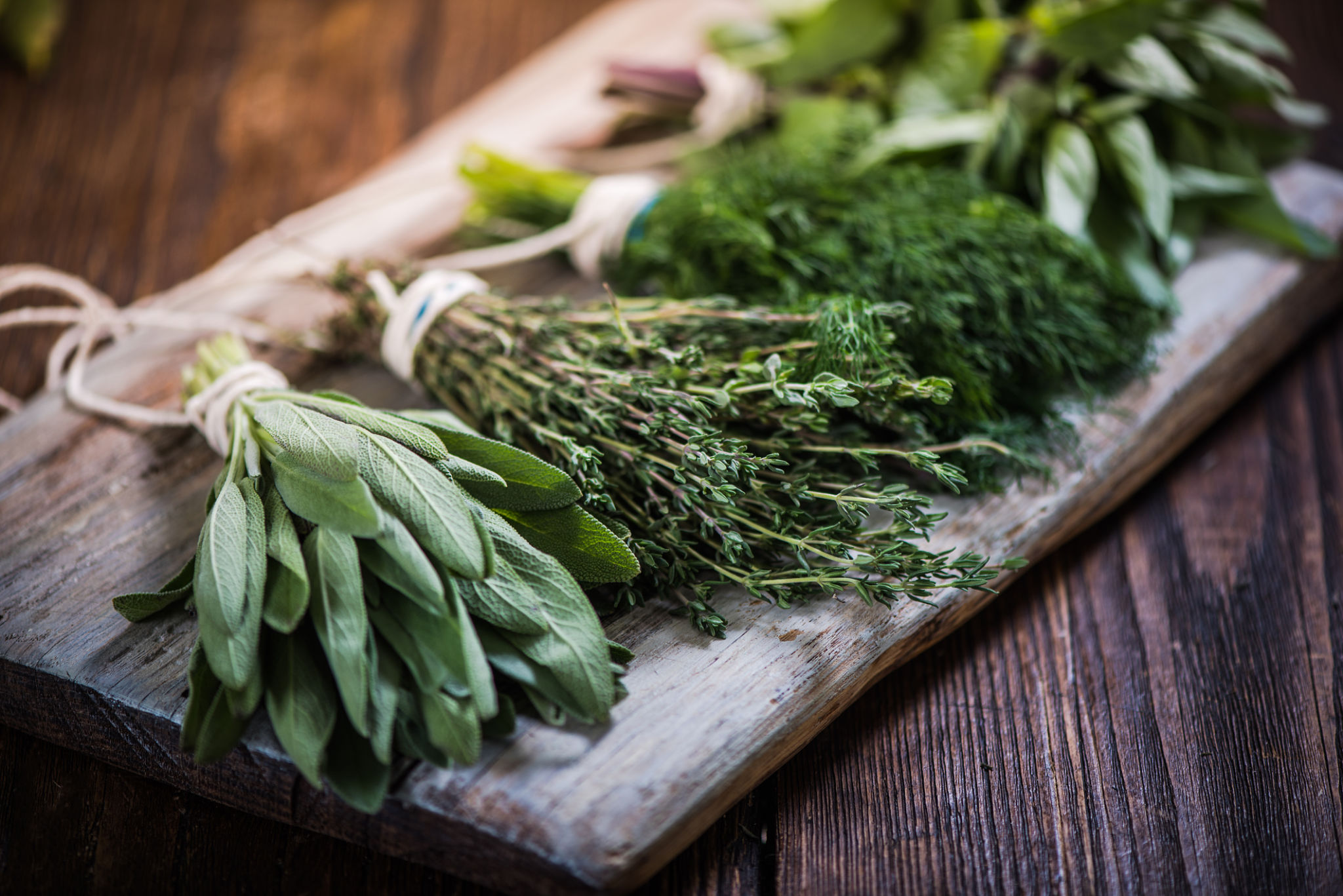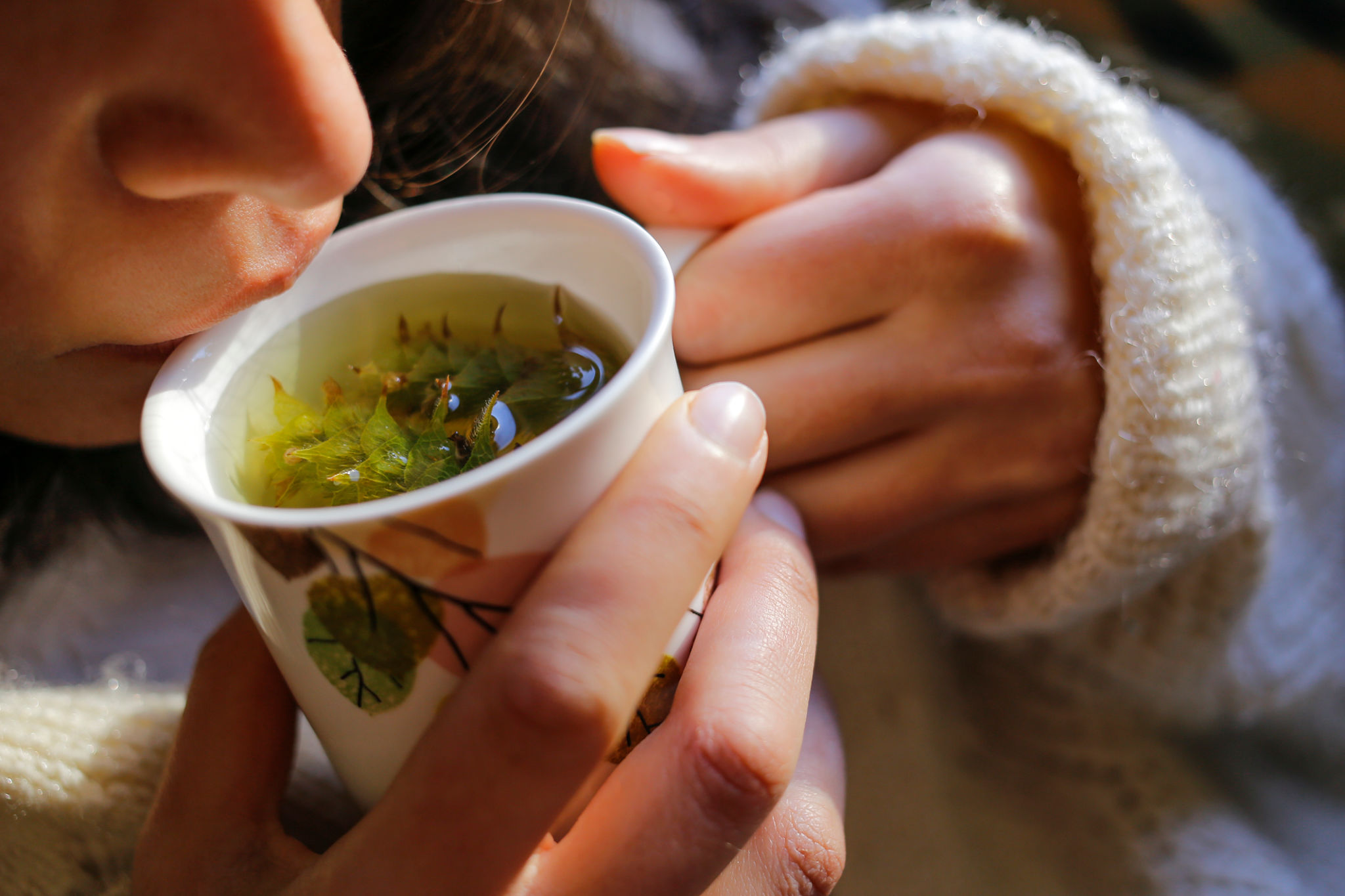RCVM.ORG
- Subcritical CO2 Extraction labs
- SES - 2
- SES-80
- Pure full spectrum raw botanical extracts
- Functional food
- Coffee + Schisandra
- Coffee + Hop extract
- Coffee + Artemisia Annua extract
- Almonds Protein
- Walnuts protein
- Services
- About
- Investor's page
- Blog
- Mare's milk processing
- CO₂ Dry Cleaning
- Subcritical CO₂-Extracted Shikonin for Skin Injury Treatment
Seasonal Herbal Remedies: Preparing Your Pantry for Change
The Importance of Seasonal Herbal Remedies
As the seasons change, so do our bodies' needs. With the arrival of each new season, our environment shifts, and we often find ourselves facing new health challenges. From allergies in the spring to colds in the winter, nature offers a variety of herbs to help us adapt and thrive. Preparing your pantry with seasonal herbal remedies is a wise step towards maintaining health throughout the year.
Herbs have been used for centuries across cultures for their medicinal properties. They offer a natural way to bolster your immune system, soothe ailments, and improve overall well-being. Incorporating these herbs into your daily routine can help you stay balanced and resilient against seasonal changes.

Spring: Renewal and Allergies
Spring is a time of renewal and growth, but it also brings pollen and allergens. To combat springtime allergies, consider adding herbs like nettle, which is known for its anti-inflammatory properties. Nettle can help reduce symptoms such as sneezing and itching.
Another beneficial herb for spring is dandelion. Often considered a weed, dandelion is rich in vitamins and minerals. It supports liver function and acts as a gentle detoxifier, helping your body adjust to the new season.

Summer: Cooling and Hydration
With the heat of summer comes the need for cooling and hydration. Peppermint is an excellent herb for hot days, offering a refreshing taste and cooling effect. It can be enjoyed as a tea or added to salads for an invigorating burst of flavor.
Hibiscus is another summer favorite, known for its ability to lower body temperature and support cardiovascular health. Drinking hibiscus tea can keep you hydrated while providing a tart, fruity flavor that is perfect for sunny days.

Autumn: Immune Support
As the leaves change color and the air turns crisp, autumn is a critical time to boost your immune system. Echinacea is a well-known herb that helps strengthen immunity and ward off colds and flu. It's best taken as a tincture or tea at the onset of symptoms.
Ginger, with its warming properties, is another essential herb for autumn. It aids in digestion and helps keep the body warm as temperatures drop. Ginger tea can be a comforting and health-boosting addition to your autumn routine.

Winter: Warmth and Defense
Winter brings cold weather and shorter days, increasing the need for warmth and immune defense. Elderberry is a powerful herb that supports the immune system and can reduce the duration of colds and flu. It can be consumed as syrup or gummies for easy intake.
Cinnamon, with its warming properties, not only adds flavor to winter dishes but also helps regulate blood sugar levels and supports circulation. Including cinnamon in your diet can provide warmth and health benefits during the chilly months.

Stocking Your Herbal Pantry
Preparing your pantry with these seasonal herbs ensures you have the right remedies at hand when you need them most. Here's a simple guide to stocking your herbal pantry:
- Spring: Nettle, dandelion
- Summer: Peppermint, hibiscus
- Autumn: Echinacea, ginger
- Winter: Elderberry, cinnamon
Having these herbs readily available allows you to create teas, tinctures, or incorporate them into meals easily.
Conclusion: Embrace Nature's Bounty
By aligning with nature's cycles and incorporating seasonal herbal remedies into your lifestyle, you empower your body to handle seasonal challenges more effectively. Embrace the bounty of nature and let these herbs guide you through each season with vitality and health.
Remember that while herbs can provide support, it's essential to consult with a healthcare professional before starting any new health regimen, especially if you have existing health conditions or are taking medications.